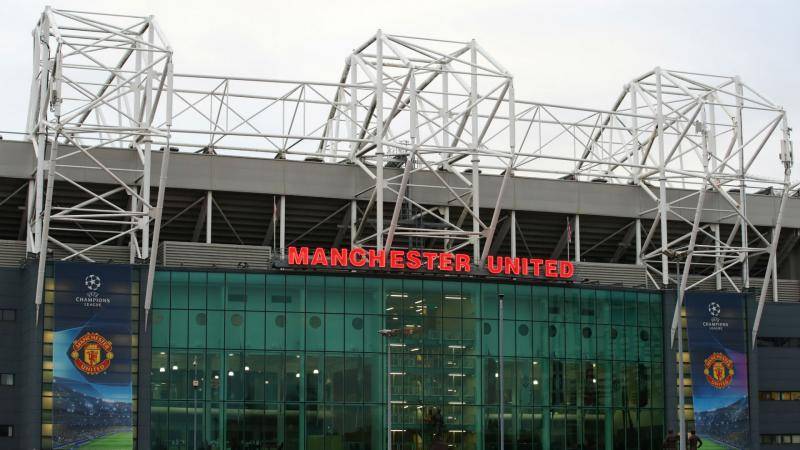
Amazingly or disparagingly – depending on who views this since their reaching the final in 2011 – United have won only two individual Champions League knockout round matches. The first was in 2014 when David Moyes’ side rebounded from a 2-0 first-leg deficit to beat Olympiakos and the second time was in that amazing night in 2019 against PSG, when Marcus Rashford’s injury-time penalty overturned a two-goal defeat from the first leg at Old Trafford.
Shifting the focus away temporarily from the pure football side of things – where a flurry of inevitable questions about Solskjaer and the inconsistency of his team – the financial consequences and implications also require deeper consideration for the club.
Had Solskjaer’s side managed to qualify for the quarter-finals of the Champions League, they would have earned themselves an additional £19.04m in prize money alone, compared to the paltry £2.81m they would otherwise get for reaching the same phase of the Europa League. In reality, too, these sums will actually be higher because of the distribution of the central market pool but that only serves to widen the gap.
The sheer size of Old Trafford’s Theatre of Dreams stadium itself translates to greater losses in earnings from gate receipts – currently in excess of £100m since the pandemic began – due to the continued absence of fans. Losing out so drastically on this lucrative revenue stream definitely packs a lot of hurt for the club.
Hopefully for United this current scenario in view of the disappointing loss to RB Leibzig, and effective eviction from the Champions League, will sharpen minds before next month’s transfer window, as Mino Raiola continues to play his mind games in agitating for the cut-price sale of Pogba, while the likes of Sergio Romero and Marcos Rojo hang around in the wings buoyed by huge salaries without getting anywhere in close proximity to the first team while heavily-beleagured Solskjaer looks for more affordable, erstwhile reinforcements to strengthen his flailing squad.

